Key political figures in historically neutral Austria have reignited debate over the country's future relationship with NATO and whether Vienna should join the alliance.
The new public debate comes after comments by Austrian Foreign Minister Beate Meinl-Reisinger, to the German newspaper Die Welt am Sonntag .
“There is currently no majority in parliament or among the population in favour of joining NATO,” said Ms Meinl-Reisinger, “but such a debate could still be very productive.” The Austrian diplomat noted that “neutrality cannot protect us.”

The Republic of Austria began a policy of neutrality in 1995 after joining the European Union. Photo: Defense New
The comments have sparked fierce outrage across the political spectrum in Vienna. A Gallup poll last year – two years after Russia invaded Ukraine – found that less than a quarter of Austrians supported joining NATO, while 74% supported maintaining the country’s “permanent neutrality”, which has been enshrined in its constitution since independence from Allied occupation in 1955.
In particular, the far-right Austrian Freedom Party, which has close ties to Russia and President Vladimir Putin personally, hit back strongly, claiming in an urgent parliamentary inquiry that Meinl-Reisinger was acting "as an extension of Brussels' arms agenda".
Members of the Freedom Party have criticized European defense integration and Western efforts to support Ukraine in its fight against full-scale Russian aggression.
Amid unprecedented budget tightening and deep spending cuts in Vienna, defense spending continues to rise year after year.
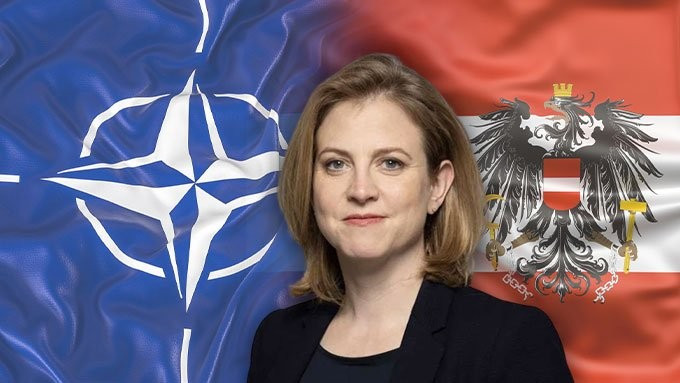
Austrian Foreign Minister Meinl-Reisinger has sparked controversy at home with his desire to bring the country into NATO. Photo: The Mister Post
Ms Meinl-Reisinge is currently Austria's foreign minister and the head of one of the three parties that make up the governing coalition in Vienna. Her economically liberal NEOS party stands out from its coalition partners, the conservative People's Party and the Social Democrats, by taking a much more hawkish stance on NATO and supporting a common European army.
NEOS has also repeatedly pushed for discussions about the importance of Austria's "permanent" neutrality policy in modern times, which was at least partly promoted by the Soviet Union in the early Cold War. Other parties have shied away from this politically hot topic.
A small country like Austria can only defend its interests within a "common and strong Europe", Ms Meinl-Reisinger told lawmakers in defence of her foreign policy.
Only a handful of EU countries remain neutral, and Austria, with a population of 9 million, is the largest. Finland and Sweden, long neutral states that maintained neutrality throughout the Cold War, have abandoned the policy to join NATO in 2023 and 2024.
In addition to its EU membership, which some see as limiting the country's neutrality, Austria is also a member of NATO's Partnership for Peace initiative, coordinating and training with the alliance.
The country also serves as an important NATO transit country, with more than 3,000 military transport flights and more than 5,000 flights through NATO airspace taking place by 2024.
There have been repeated public protests calling for the country to remain neutral and stay away from NATO. A “big protest” in Vienna was announced in October 2024. Many of these protests have also criticized Western support for Ukraine.
“It’s not that I want to join NATO with open arms,” Meinl-Reisinger said in an interview with Die Welt am Sonntag . “But we can’t sit back and believe that no one will harm us if we don’t harm anyone. That would be naive. The world has changed.”
Source: https://khoahocdoisong.vn/ngoai-truong-ao-gay-tranh-cai-vi-tuyen-bo-muon-gia-nhap-nato-post2149042662.html



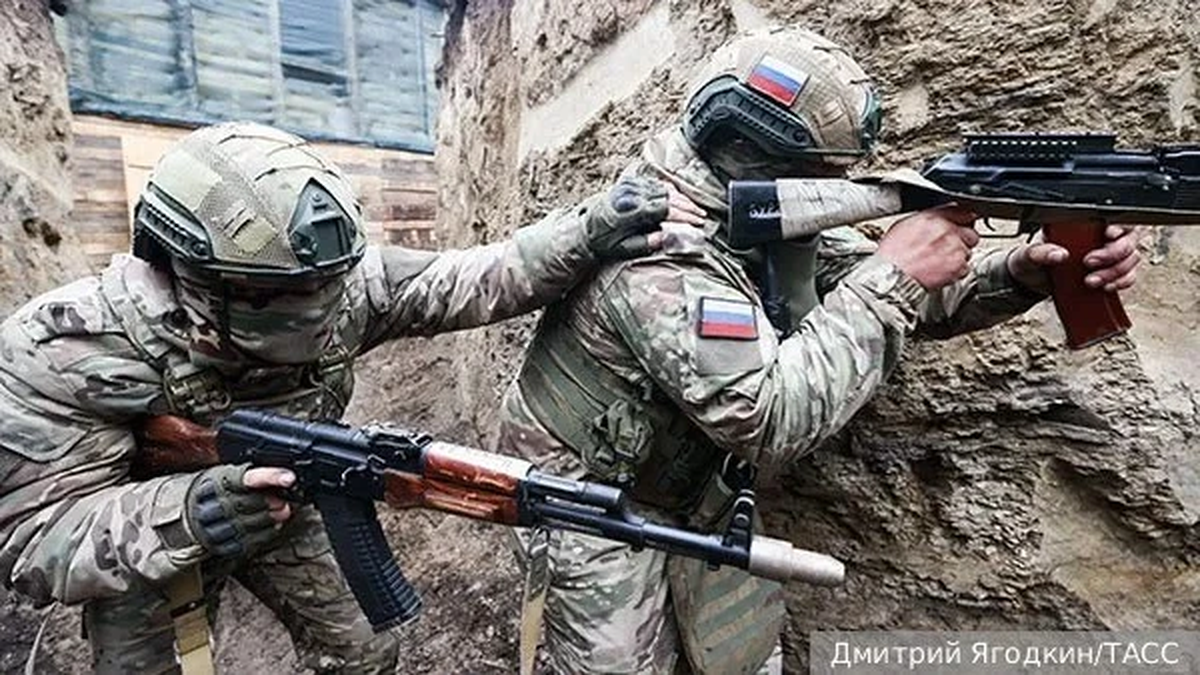

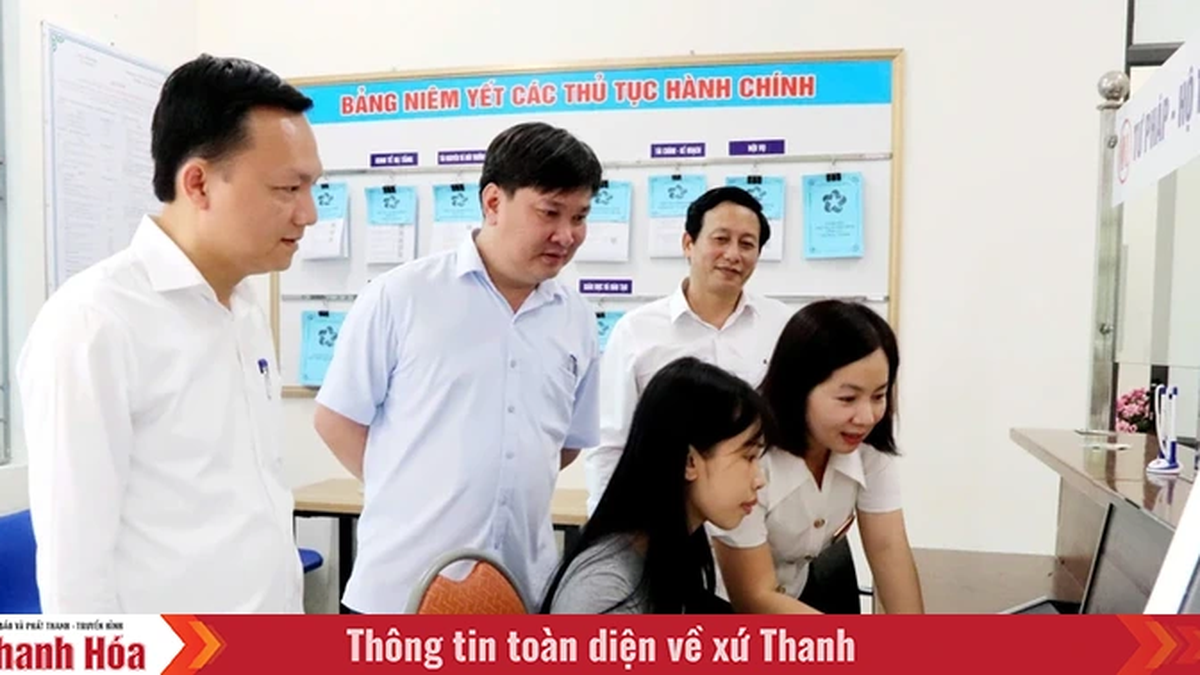

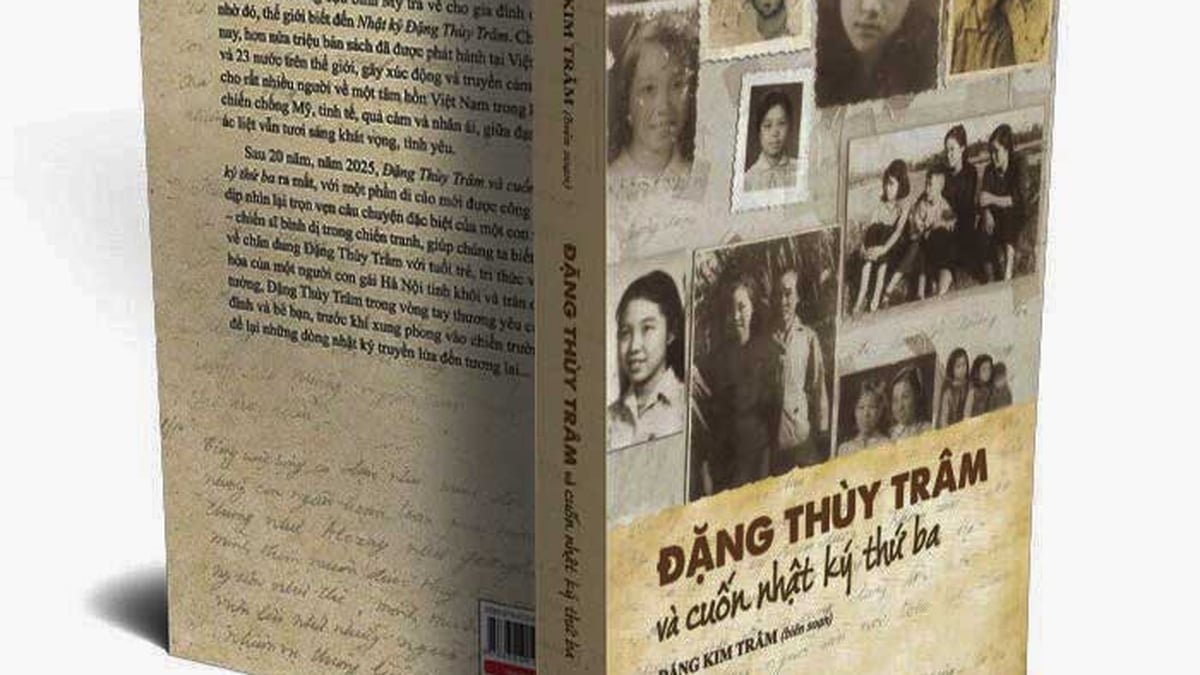
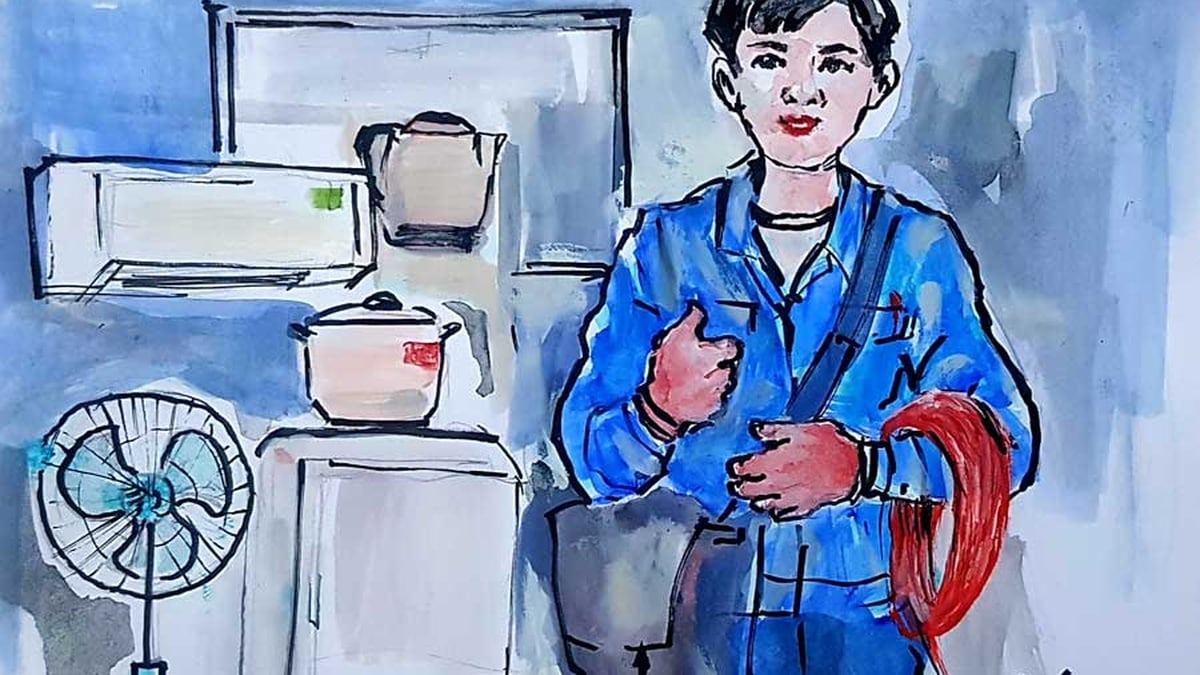
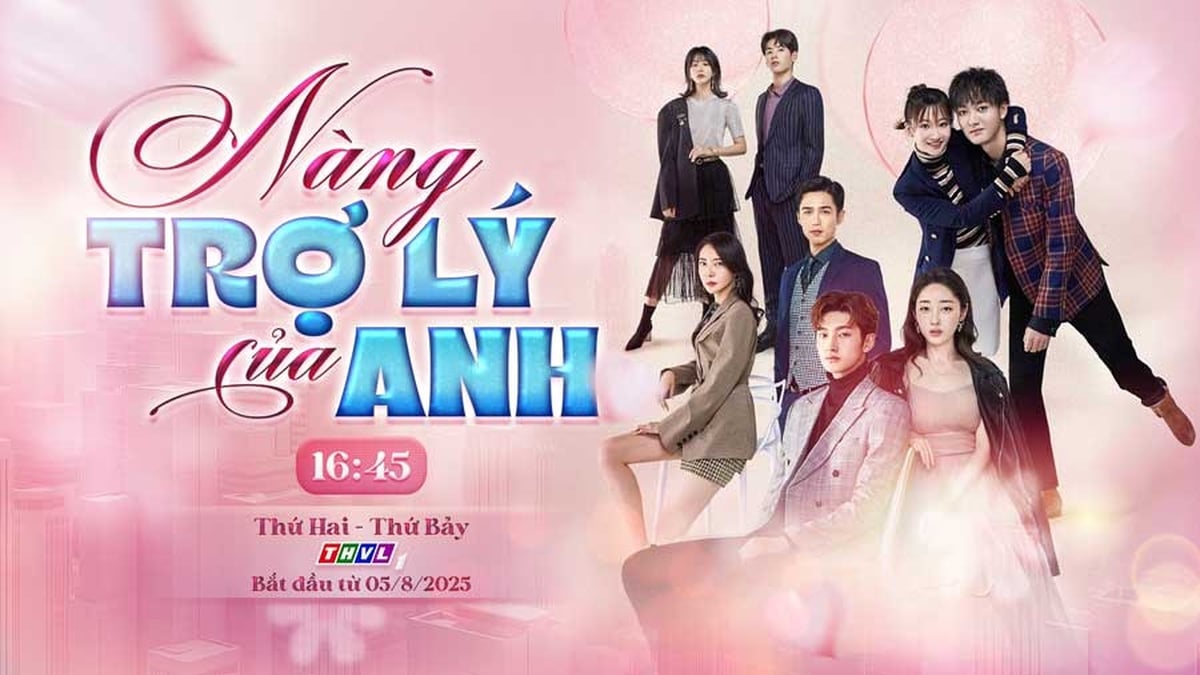
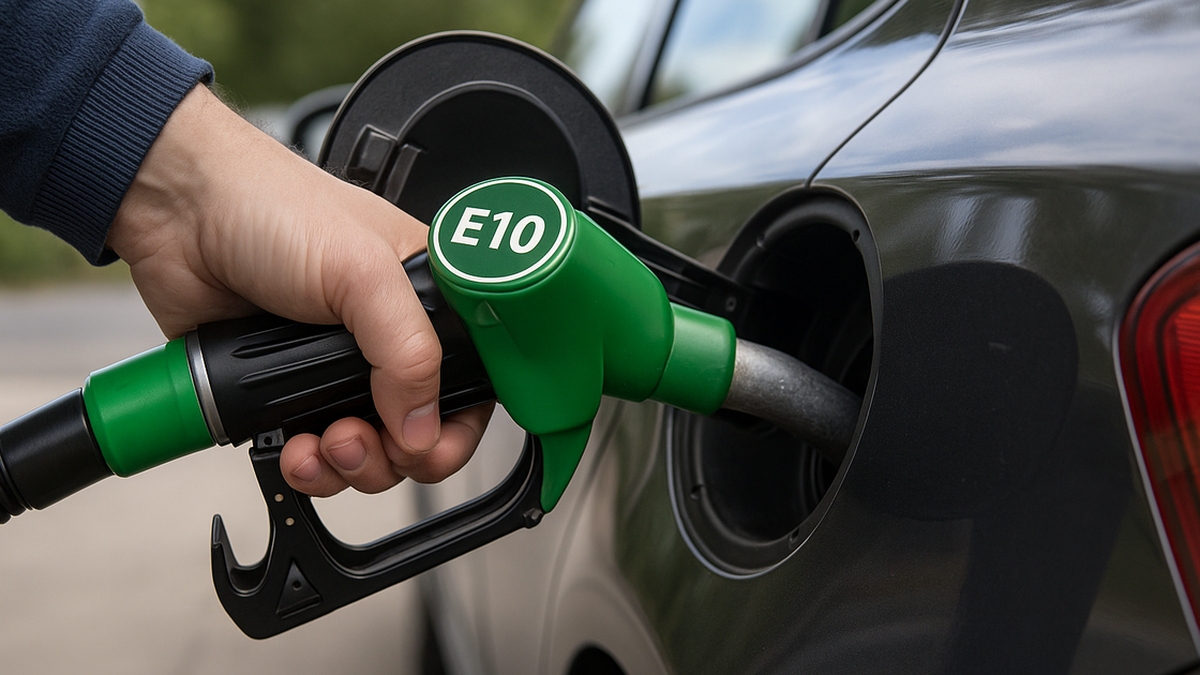
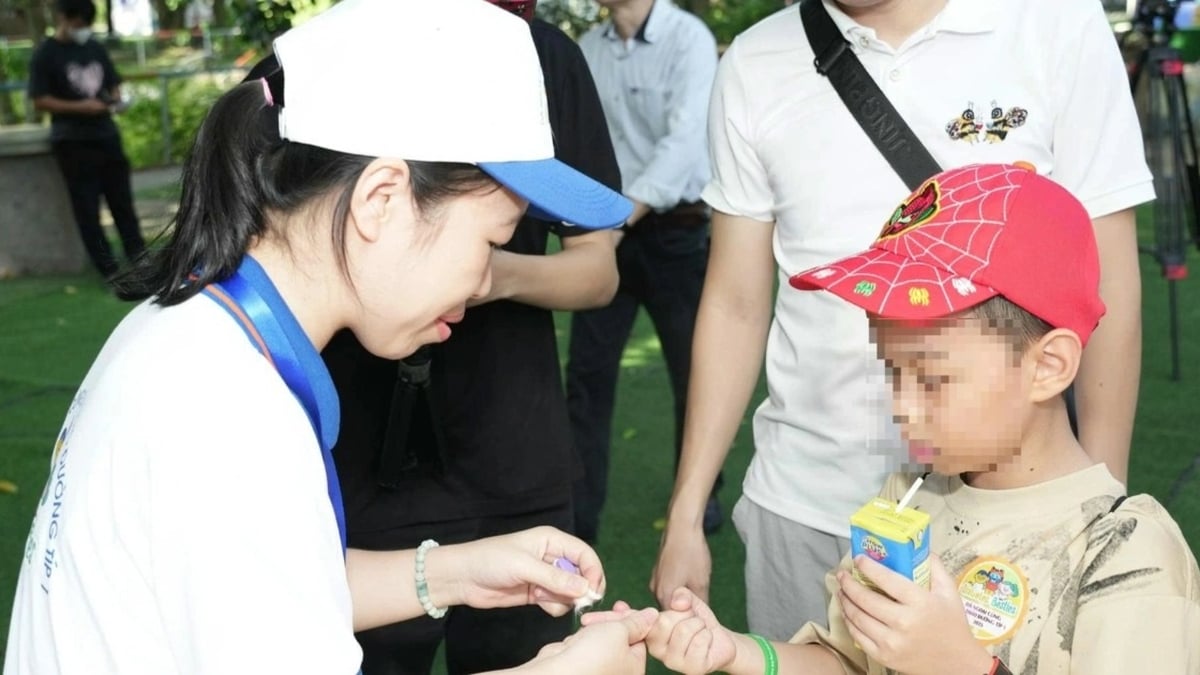























































































Comment (0)